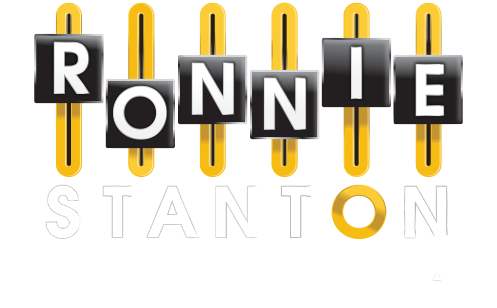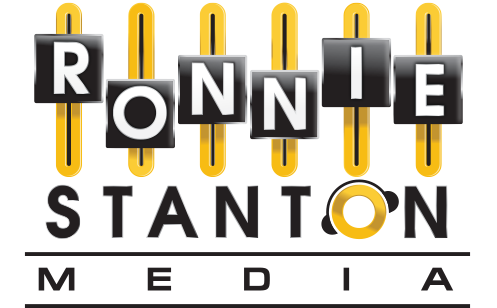In 1597 Jacopo Peri started it all.
Sure, there were Swiss soldiers dancing around to a war song and a guy chasing a bull to a whimsical beat as early as 1502 but it was Peri’s ‘Dafne’ that truly defined the style of sound of real opera as we know it today.
This new expressive genre of music exploded in popularity during the Renaissance and has continued to be loved the world over. It has had many incarnations and in 2015 the passion for Opera continues – over 3 million professional productions are playing as you read this.
Opera is drama, its raw emotion, it can be uplifting or depressing, it can make you laugh and cry. It is dexterous and can capture stories of family feuds, of death, of deceit, of war and of love. The fascinating factor is that Opera is predominantly sung in a tongue foreign to the audience. In fact, over 80% of Operas are performed in Italian and beyond most of us knowing the difference between Lasagna and Cannelloni, only 6% of the planet speaks the language.
The point is – it doesn’t matter. Somehow through the magic of the music and the raw emotion of the performers, the story is told, the characters are conveyed and the art form is adored.
Language is one thing – but what is the over-arching feeling of your radio station or show. So many radio people are concerned with saying the right thing they forget that how it is said is equally important.
The tone of a morning show for example, is not only driven by the caliber of the guests or the strength of the punch lines – it’s the mood, it’s the unspoken dynamic between the players in the room, it’s the how the entertainment hits your heart not just your brain.
Authenticity is paramount here – don’t just say it, mean it. Humans crave human contact and that can truly be achieved on the air, for they will quickly forget the words you say but will long remember how you make them feel.


